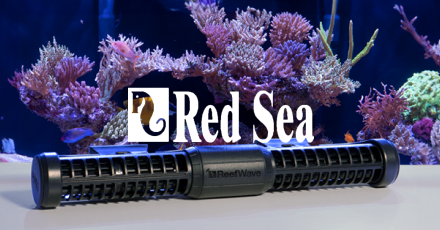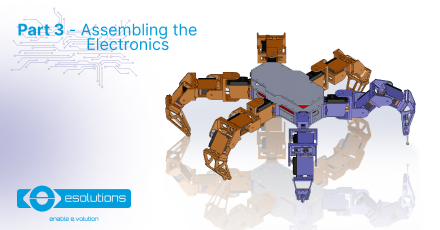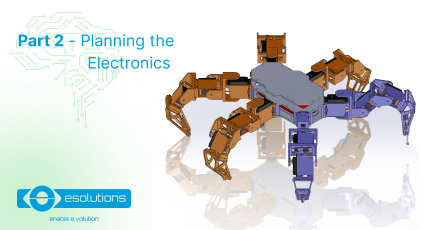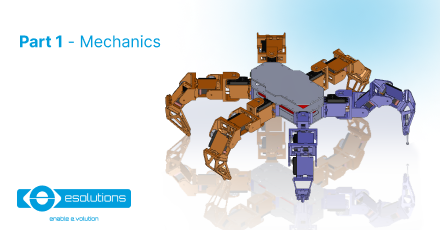Internet of Things for Business
Connect, collect, manage, and aggregate data from lots of physical objects and devices with our various IoT services. From device prototyping and embedded software development to IoT design and architecture, we have the advanced expertise necessary to provide comprehensive solutions that cover every aspect of your project. We support you in building business-oriented IoT solutions and we help you make use of AI and ML algorithms for better predictive and real-time analytics of your sensors and device data.
Choose eSolutions IoT end-to-end connectivity services for innovative and forward-looking projects or for operational optimization for industrial, automotive, and commercial workloads.
Our Services
- IoT Design & Architecture
- Device Prototyping
- IoT Implementation: Embedded Software, IoT Cloud Platforms, Device Management Platforms
- IoT Consulting
- Technical Audit
























